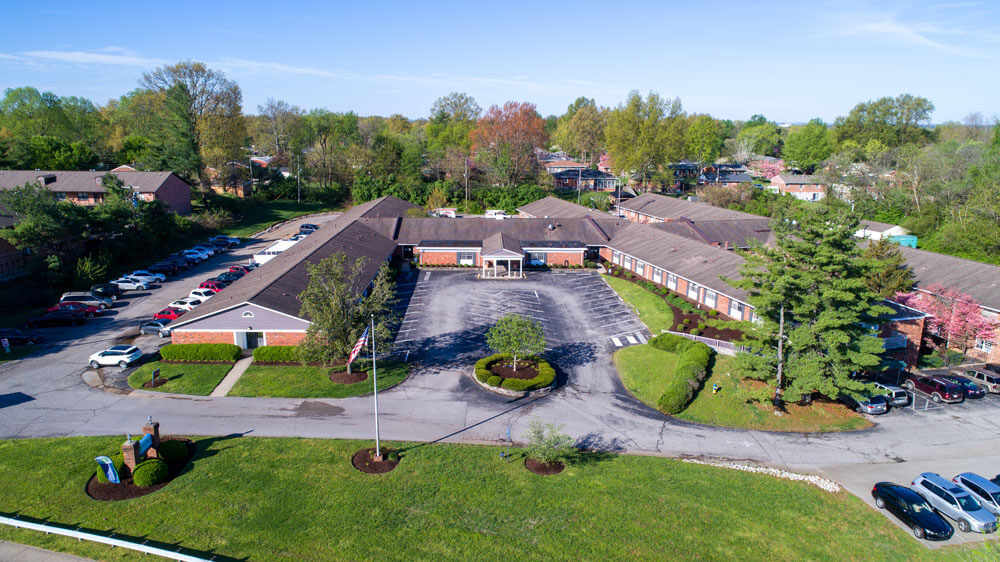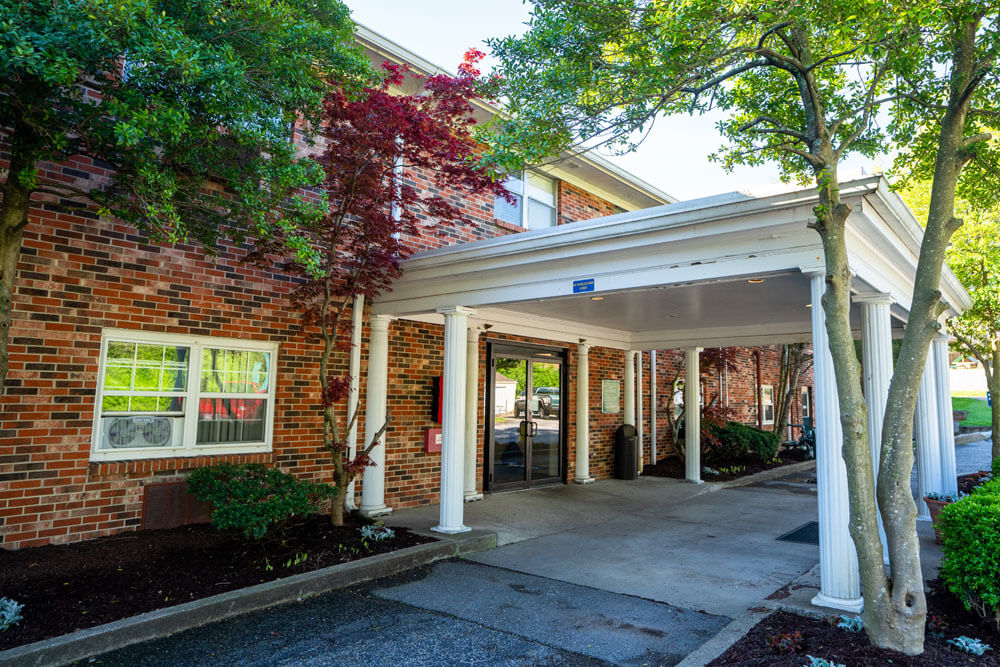Whether it’s due to terminal physical ailments or a diminishing mental condition, the end of a person’s life is never easy. That being said, some cases are more severe than others. The most severe of these cases generally require hospice care.
Is your loved one nearing this end of his or her life? Wondering when to call hospice? This article should be of assistance.
1. Regular Trips to the Emergency Room
One of the surest signs that hospice care is needed is if your loved one is taking regular trips to the emergency room. Heading to the emergency room every month or two is indicative of a serious and recurring problem, one which needs to be monitored closely at all times.
When under hospice care, an individual has the almost-constant supervision of nurses and other medical professionals. As such, if an emergency arises, a trip to the emergency room can typically be spared.
2. Chronic and Difficult-to-treat Pain
Another sign that hospice care might be needed is if the affected individual is in a state of chronic but difficult-to-treat pain. For instance, if ice and stretching can’t relieve the pain in your back, you might want to check into a care facility.
Hospice care is useful for those with chronic pain because it keeps them in close proximity to pain relievers and other such entities. Because it takes away the need to schedule a doctor’s appointment and pick up a prescription, it makes the treatment of chronic pain much more bearable.
3. Breathing Difficulties
Are you or a loved one having trouble breathing? If so, and if you’ve experienced this trouble over a prolonged period, you might want to consider undergoing hospice care.
Breathing difficulties are never a good sign. They can go from bad to worse without a moment’s notice. As such, if you or a loved one is having them, you should be in close contact with a medical professional at all times.
There are several different tools and devices that can help to combat breathing problems. A respirator, for instance, could be vital in maintaining a patient’s comfort and well-being.
4. Rapid Decrease in Appetite
Another sign that hospice care might be needed is if the affected individual experiences a rapid decrease in appetite. A decrease in appetite is troubling because it can prevent the consumption of adequate calories.
If the affected individual doesn’t consume an appropriate number of calories, his or her immune system could become compromised, making him or her susceptible to a variety of medical conditions.
Hospice care can be used to treat this problem, ensuring that the patient obtains proper calories and nutrients by way of IV. In doing so, it can vastly increase both the patient’s lifespan and his or her level of comfort.
5. Sudden Mental Impairment
One of the most telling signs of the need for hospice care is a sudden mental impairment. If the affected individual is suddenly suffering from memory loss or hallucinations, he or she needs to be under the constant supervision of a medical professional.
This symptom could indicate any number of problems. It could be the signal of a new medical issue arising; However, it could also indicate that the affected individual has experienced a major health downturn. Regardless, hospice care can be used to monitor the condition and to keep the patient comfortable.
6. Increased Sleep
Is your loved one sleeping a lot more than he or she once did? If so, it could be indicative of a major change in the body. The added sleep could be necessary to ensure that the body has enough energy.
While not always the case, this is often a good reason to make use of hospice care. If your loved one’s body is, indeed, going through major changes, it could be on the cusp of a health downturn. In the event of a downturn occurring, you want your loved one to be in close contact with nurses, doctors, and other medical professionals.
7. Failure to Complete Daily Tasks
If a person’s condition has declined to the point that he or she can’t complete daily tasks, he or she is advised to seek hospice care. A condition that has declined to this point is indicative of a major health downturn.
Not only can hospice care help to stabilize a person in this condition, but it will also ensure that he or she doesn’t have to tend to strenuous responsibilities. As such, it allows the affected individual to live as comfortably as possible.
8. An indication from One’s Doctor
The surest sign that a person needs hospice care is that his or her doctor says it’s necessary. If a doctor is recommending hospice care, it’s because the patient is believed to be in the last 6 or so months of his or her life.
There is often a tendency for individuals to ignore this advice, as they would rather go home and be with their family full-time. This tendency is certainly understandable. However, home is likely to lack much of the care that a person can receive in hospice.
By going into hospice when the doctor recommends it, the affected individual is likely to see improvements in his or her quality of life. This allows his or her final moments to be lived out comfortably.
Knowing When to Call Hospice Care is Vital
While the end of a person’s life can be painful, there are ways to minimize the discomfort. The key is in knowing when to call hospice care.
Contact us today to discuss your needs.






